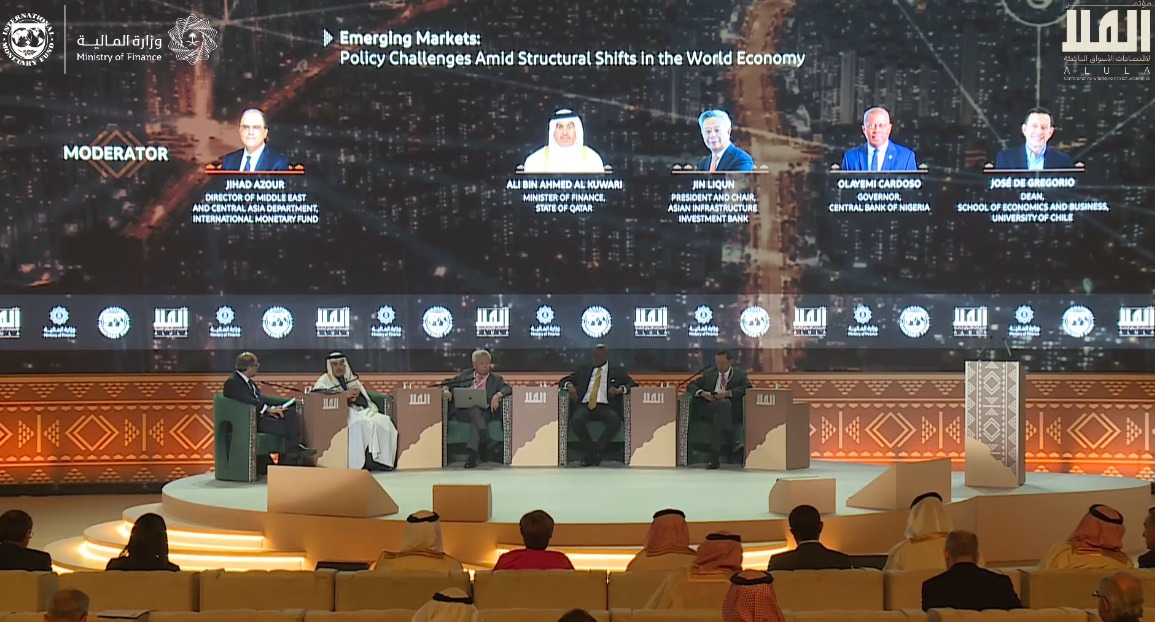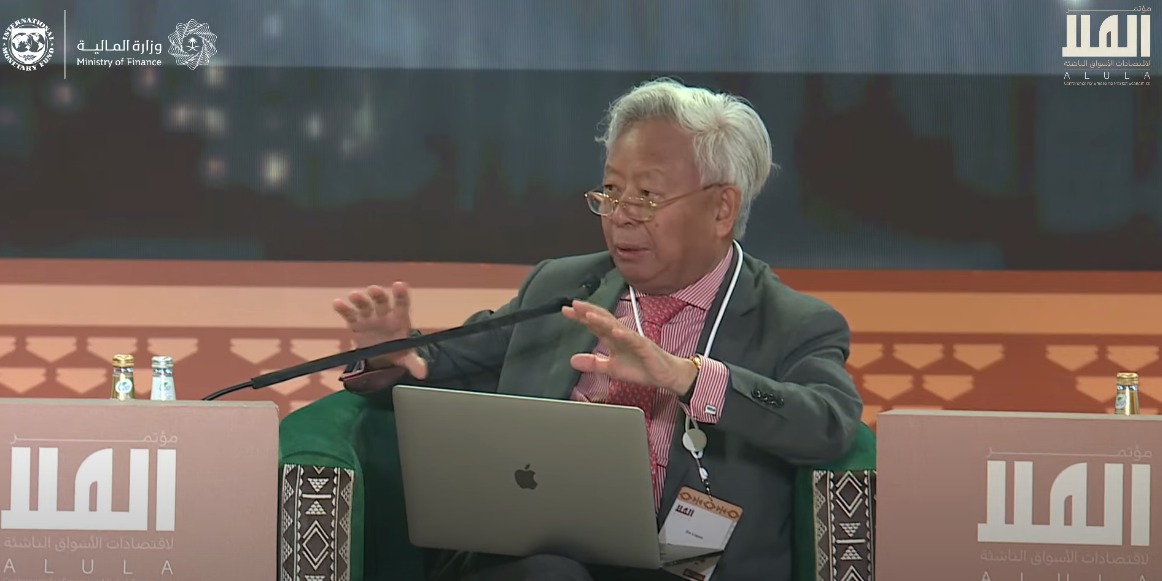RIYADH: Saudi firm Al-Masane Al-Kobra Mining Co. has signed a letter of intent with UK-based Power Metal Resources to establish a joint venture to advance exploration in the Kingdom’s Qatan mining site.
According to a Tadawul statement, Al-Masane Al-Kobra Mining Co., or AMAK, will own a 51 percent stake in the JV, while the London-listed company will possess the remaining 49 percent.
The announcement comes just a day after the Saudi firm announced its strategic growth plan extending until the end of 2025, which will see a focus on gold deposit production and operational expansion.
The ambition aligns with the Kingdom’s goal to position the mining industry as the third pillar of the country’s economy, with Saudi Arabia’s mineral wealth estimated to be worth $2.5 trillion.
“AMAK is delighted to sign this LOI with the intention to partner with Power Metal Resources in fully defining the economic potential of its exploration assets in the most timely and efficient way,” said Geoff Day, CEO of AMAK.
He added: “Recognizing the mutual strengths of strategic alliances such as this allows AMAK to focus on its core business while at the same time working toward developing the full potential of the Kingdom of Saudi Arabia’s mineral endowment under Vision 2030.”
In the statement, AMAK said that the primary objective of this JV agreement is to benefit from Power Metal Resources’ expertise in the exploration and resource definition field for nickel and related minerals.
Among the other objectives of the agreement is to provide an opportunity for AMAK to focus its main activities on the exploration, study, development, and implementation of projects for the exploitation of base metals such as copper, zinc and precious metals such as gold and silver in Saudi Arabia.
“This is a significant development for Power Metal with a major Saudi Arabian mining company, marking a further milestone in the company’s expansion into the Arabian Shield. We look forward to optimising the potential of Qatan and will provide updates to the market as our collective work progresses,” said Sean Wade, CEO of Power Metal Resources.
The statement further stated that the letter of intent should remain in force for three months and can be extended upon mutually agreed terms by both parties.
The letter does not entail any financial or legal obligations for either party, and any related agreements will be drafted later in detailed contracts, AMAK added.
The 72.24 sq. km Qatan exploration license is located approximately 70 km east of the AMAK mines, and 32 km to the south of the town of Yadamah, in the Najran Province of Saudi Arabia.
Established in 2008, AMAK is the first private-sector mining company in Saudi Arabia.
In August, the company said its net profit for the first half of this year surged by 77 percent to SR76.9 million ($20.50 million), compared to the same period in 2023.
In a Tadawul statement, the firm underlined that this rise in profit was driven by an uptick in sales volumes of copper and zinc.
The mining giant revealed higher prices for copper, zinc and gold also played a crucial role in propelling the company’s net profit in the first six months.
AMAK added that its net profit for the second quarter for the same period the previous year also soared to SR61.8 million from SR10.6 million


























